Kathmandu-RSP website hack by GenZ Rising Nepal hackers targets Ravi Lamichhane with SQL injection attack. Major political cybersecurity breach exposes sensitive party data and threatens Nepal’s digital political infrastructure security.
The RSP website hack executed by the self-proclaimed “GenZ Rising Nepal” hacker collective represents a significant escalation in Nepal’s political cyber warfare landscape. The sophisticated SQL injection attack against the Rastriya Swatantra Party’s official website targeted party chairman and former Home Minister Ravi Lamichhane, marking a dangerous precedent for politically motivated cybersecurity breaches in Nepal.
Technical Analysis of the RSP Website Hack Attack
SQL Injection Attack Methodology
The RSP website hack employed advanced SQL injection techniques to compromise the party’s official website infrastructure:
- Target Vector: Press release section of rspnepal.org
- Attack Method: SQL injection vulnerability exploitation
- Access Level: Administrative control over website content
- Data Exposure: Party member databases and sensitive documents
- Duration: Extended access allowing message placement and data extraction
Sophisticated Breach Indicators
The RSP website hack demonstrated several concerning technical capabilities:
- Database Access: Complete infiltration of party member information
- Content Manipulation: Replacement of legitimate press releases
- Data Exfiltration: Extraction and publication of citizenship documents
- Persistent Access: Maintained control long enough for comprehensive data theft
- Clean Exit: Professional covering of tracks after message delivery
Political Motivations Behind the RSP Website Hack
Targeting Ravi Lamichhane Specifically
The RSP website hack message specifically targeted RSP Chairman Ravi Lamichhane with serious allegations:
- Dual citizenship controversy exploitation for political damage
- Financial irregularities accusations regarding party operations
- Legal evasion claims related to Gen-Z movement aftermath
- “New Politics” criticism calling it rebranded old-style politics
- Personal threats with “We do not forgive, we do not forget” messaging
GenZ Movement Connection
The hackers claimed the RSP website hack was retaliation for:
- RSP’s role in securing Lamichhane’s release from custody
- Party’s alleged opposition to Gen-Z movement demands
- Perceived betrayal of youth-oriented political promises
- Continuation of traditional political practices under new branding
Cybersecurity Implications of Political Website Attacks
National Security Concerns
The RSP website hack raises critical questions about Nepal’s political cybersecurity infrastructure:
Vulnerable Political Infrastructure
- Inadequate security measures across party websites
- Lack of cybersecurity protocols for political organizations
- Insufficient incident response capabilities
- Weak data protection for sensitive political information
Broader Attack Surface
Political parties in Nepal face increasing cyber threats including:
- Website defacements for propaganda purposes
- Database breaches exposing member information
- Communication interception of internal party discussions
- Social engineering attacks targeting party officials
For cybersecurity best practices for political organizations, consult the Nepal Computer Association and Department of Information Technology.
Data Privacy Violations in the RSP Website Hack
Personal Information Exposed
The RSP website hack resulted in unauthorized disclosure of:
- Citizenship certificate copies of party leadership
- Personal contact information of party workers
- Residential addresses of members and officials
- Membership verification dates and internal party data
- Mobile phone numbers of political activists
Legal Implications
The data exposure from the RSP website hack violates multiple laws:
- Privacy Protection Act regarding personal data security
- Cyber Crime Act covering unauthorized computer access
- Election-related laws protecting voter and party member privacy
- Constitutional privacy rights of affected individuals
International Context: Political Cyber Attacks
Global Trend Analysis
The RSP website hack fits into a broader pattern of political cyber warfare:
Similar International Cases
- Russian interference in democratic elections worldwide
- Chinese cyber operations targeting political dissidents
- Iranian hackers attacking opposition websites
- North Korean groups targeting government infrastructure
Escalation Patterns
Political cyber attacks typically follow predictable escalation paths:
- Initial probing of website vulnerabilities
- Data reconnaissance gathering intelligence on targets
- Public messaging through website defacements
- Data dumps exposing sensitive information
- Sustained campaigns maintaining pressure on targets
Technical Prevention Measures for Political Websites
Essential Security Protocols
Political organizations should implement comprehensive security measures:
Website Security Fundamentals
- SQL injection protection through parameterized queries
- Regular security audits by certified cybersecurity professionals
- Web application firewalls filtering malicious traffic
- SSL/TLS encryption for all data transmission
- Access control systems limiting administrative privileges
Advanced Protection Strategies
- Multi-factor authentication for all administrative accounts
- Database encryption protecting stored sensitive information
- Regular backup systems enabling quick recovery from attacks
- Incident response plans for coordinated breach response
- Staff security training preventing social engineering attacks
For technical cybersecurity guidance, refer to the National Information Technology Center resources.
Impact Assessment of the RSP Website Hack
Immediate Political Consequences
The RSP website hack created several immediate impacts:
- Reputation damage to RSP’s digital competency claims
- Security concerns about party’s ability to protect supporter data
- Political ammunition for opposition parties
- Media attention focusing on cybersecurity weaknesses
- Public trust erosion in political digital infrastructure
Long-term Implications
- Precedent setting for future political cyber attacks
- Escalation risks as other groups adopt similar tactics
- Resource diversion toward cybersecurity investments
- Legal framework gaps exposed in cyber crime prosecution
- International reputation damage for Nepal’s digital governance
GenZ Rising Nepal: Threat Actor Analysis
Group Characteristics
The RSP website hack perpetrators demonstrate:
Technical Capabilities
- Advanced SQL injection skills and database manipulation
- Social engineering abilities for target research
- Operational security maintaining anonymity during attacks
- Multi-platform operations across websites and messaging apps
- Propaganda coordination synchronizing message delivery
Political Motivations
- Anti-establishment sentiment targeting traditional political figures
- Youth movement alignment with Gen-Z protest demands
- Accountability activism using cyber tools for political pressure
- Revolutionary rhetoric employing Anonymous-style messaging
- Cryptocurrency integration for funding and donations
Legal Framework Gaps Exposed by RSP Website Hack
Current Legal Challenges
Nepal’s legal system faces significant gaps in addressing political cyber attacks:
Cybercrime Law Limitations
- Insufficient penalties for political cyber attacks
- Jurisdictional challenges with anonymous attackers
- Evidence collection difficulties in digital investigations
- International cooperation requirements for cross-border cases
- Rapid response capabilities lacking in current legal framework
Recommended Legal Reforms
- Enhanced cybercrime penalties for political targeting
- Specialized cyber courts for expedited case handling
- International cooperation agreements for cyber investigations
- Victim protection measures for exposed personal data
- Political cybersecurity standards mandatory for registered parties
Protecting Nepal’s Democratic Digital Infrastructure
National Cybersecurity Strategy
The RSP website hack highlights the urgent need for comprehensive political cybersecurity measures:
Government Initiatives Required
- National cyber defense capabilities for critical infrastructure
- Political party security standards and compliance requirements
- Public-private partnerships for cybersecurity expertise sharing
- International cooperation on cyber threat intelligence
- Emergency response protocols for major political cyber incidents
Civil Society Role
- Digital literacy programs for political activists and leaders
- Cybersecurity awareness campaigns targeting vulnerable organizations
- Technical assistance programs for smaller political parties
- Advocacy for stronger legal protections against cyber attacks
- Monitoring and reporting of cyber threats to democratic institutions
For democratic cybersecurity resources, consult Transparency International Nepal and international democracy organizations.
Recovery and Resilience: Lessons from the RSP Website Hack
Immediate Response Measures
Following the RSP website hack, affected organizations should:
- Immediate containment of compromised systems
- Forensic analysis to understand attack vectors
- Data breach notification to affected individuals
- Security infrastructure overhaul and hardening
- Legal consultation regarding potential criminal charges
Long-term Resilience Building
- Continuous monitoring systems for early threat detection
- Regular penetration testing by external security experts
- Staff cybersecurity training programs and awareness campaigns
- Incident response drills preparing for future attacks
- Stakeholder communication plans for crisis management
The RSP Website Hack as a Wake-Up Call
The RSP website hack by GenZ Rising Nepal represents more than a simple website defacement—it signals a fundamental shift in Nepal’s political landscape where cyber warfare has become a tool of political expression and retaliation. The sophisticated nature of the attack, combined with its targeted political messaging, demonstrates that Nepal’s democratic institutions face genuine cybersecurity threats that require immediate and comprehensive responses.
The breach exposed critical vulnerabilities in political party digital infrastructure while highlighting the inadequacy of current legal frameworks for addressing politically motivated cyber attacks. The personal data exposure of party members raises serious privacy concerns and establishes dangerous precedents for future attacks.
Moving forward, Nepal’s political parties, government institutions, and civil society organizations must prioritize cybersecurity investments and develop robust incident response capabilities. The RSP website hack should serve as a catalyst for strengthening democratic digital infrastructure and establishing comprehensive legal frameworks for protecting political processes from cyber interference.
The intersection of youth activism, political dissatisfaction, and advanced cyber capabilities demonstrated in this incident suggests that traditional approaches to political security are insufficient for the digital age. Nepal’s democratic resilience now depends as much on cybersecurity preparedness as on traditional security measures.
For ongoing cybersecurity updates and political security resources, monitor the Ministry of Communications and Information Technology and established cybersecurity organizations.
Security Advisory: Political organizations and democratic institutions should conduct immediate security assessments and implement comprehensive cybersecurity measures to prevent similar attacks. This incident demonstrates the urgent need for enhanced digital security across Nepal’s political landscape.




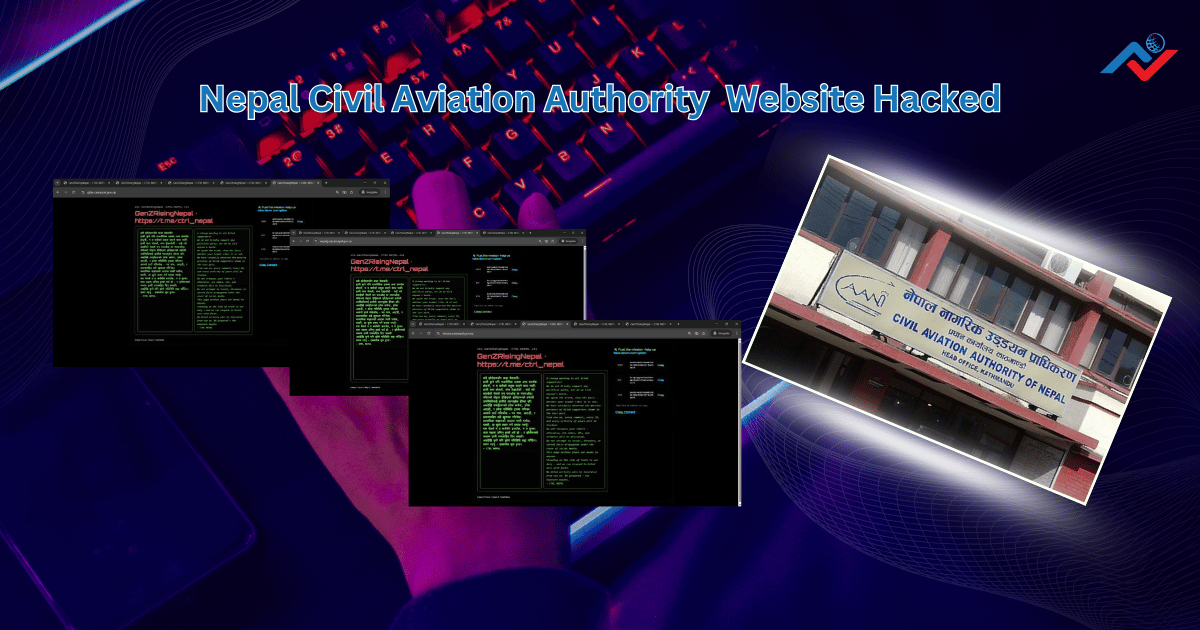

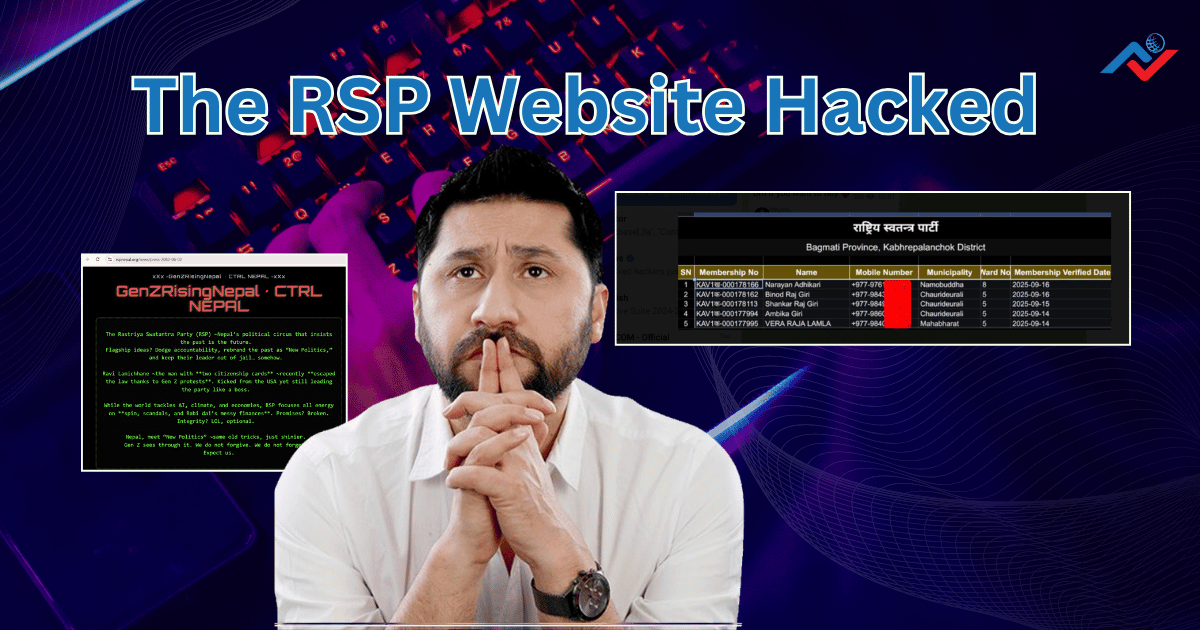



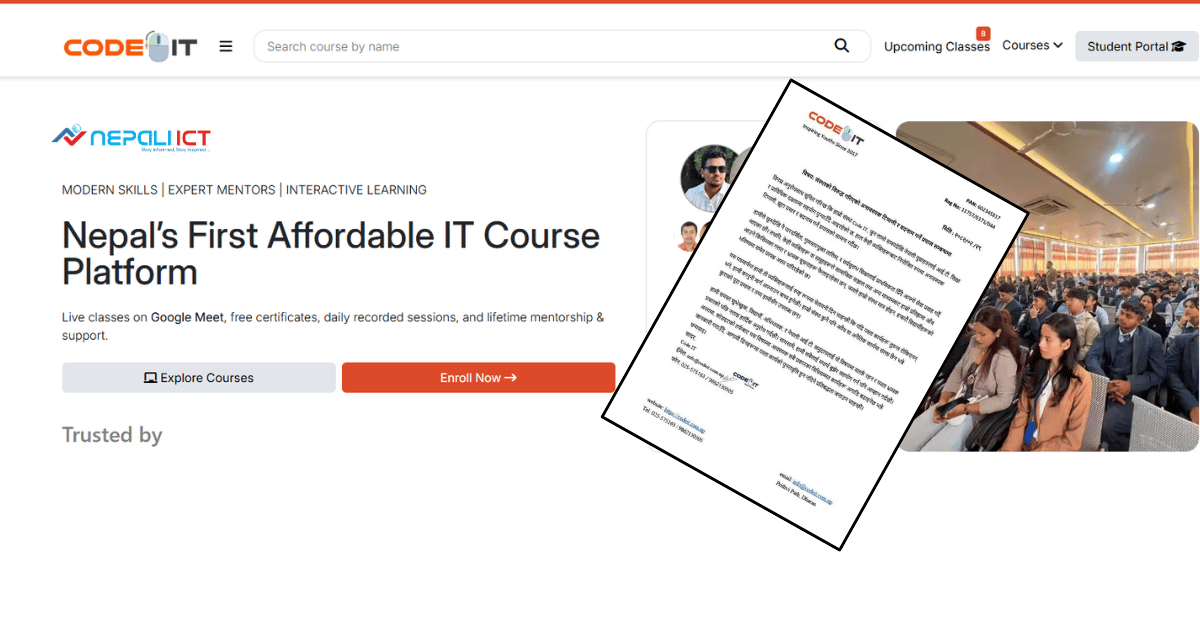

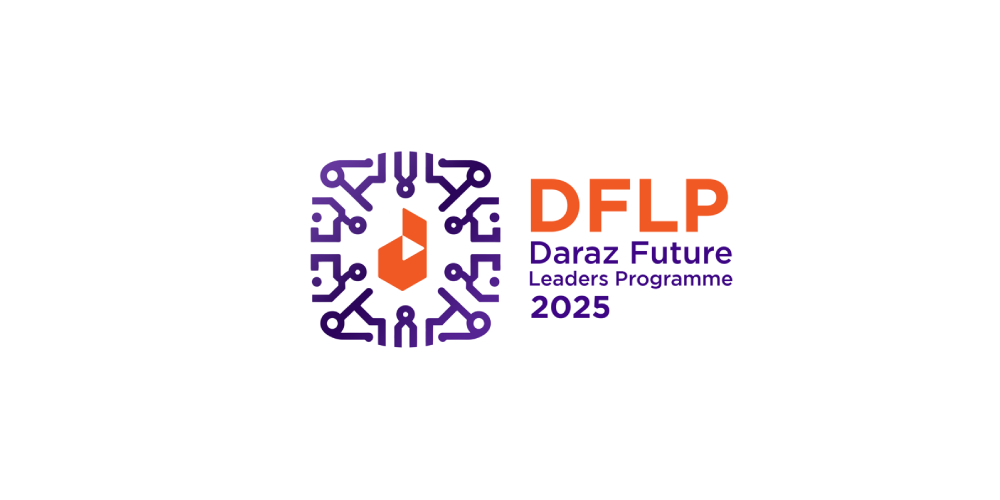









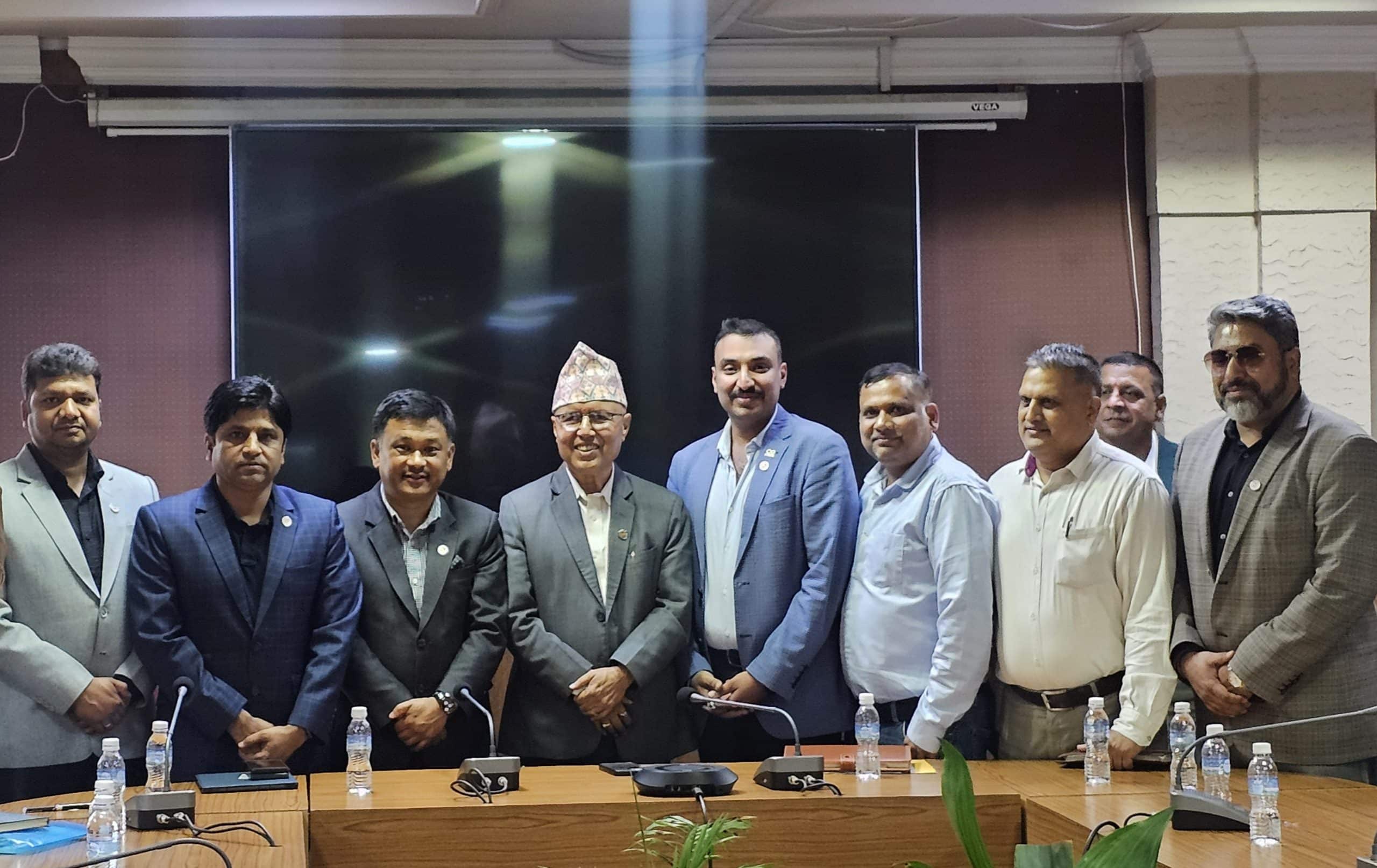
Comments